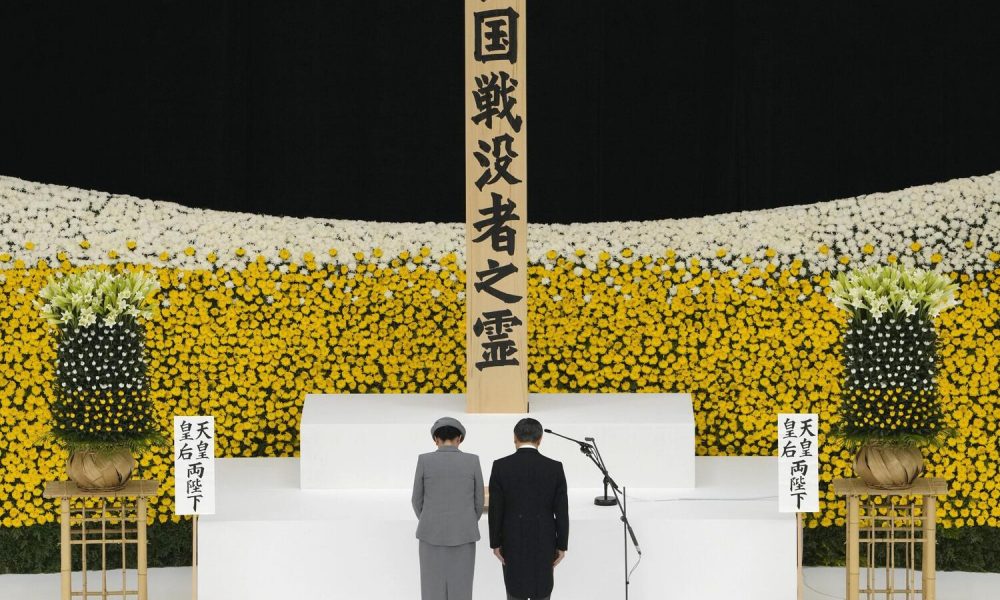
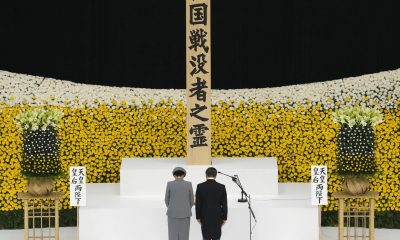

Politicians and the media should be more attuned to the danger of Japan again experiencing the tragedy of war if we abandon our nuclear deterrence measures...
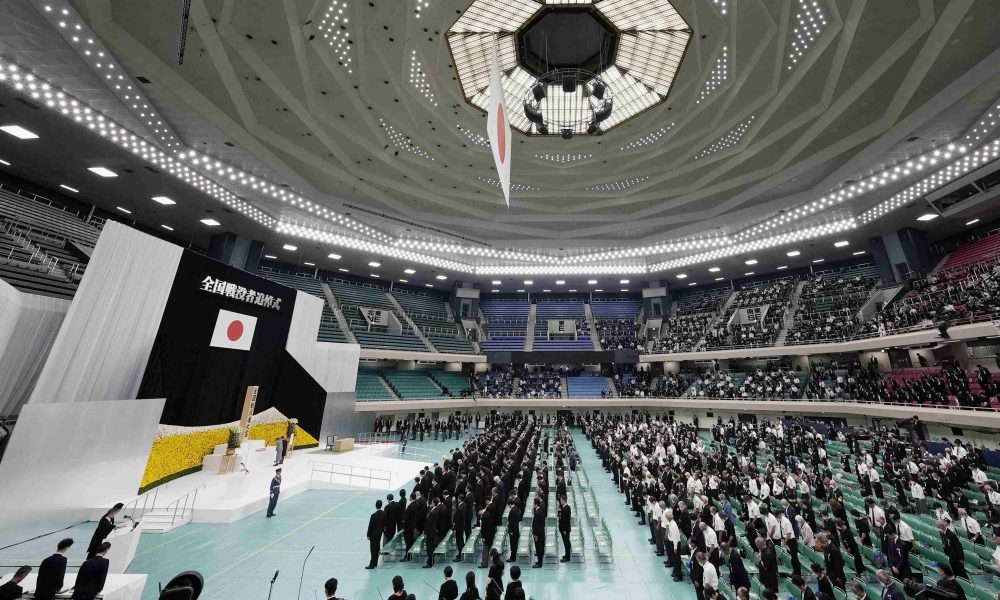
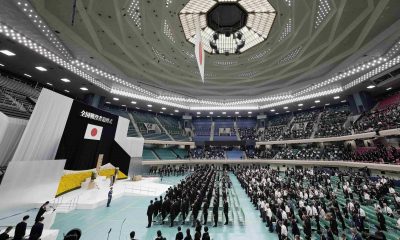

"More than ever we must work together with the international community to face today's challenges," said PM Kishida at the World War II remembrance ceremony.
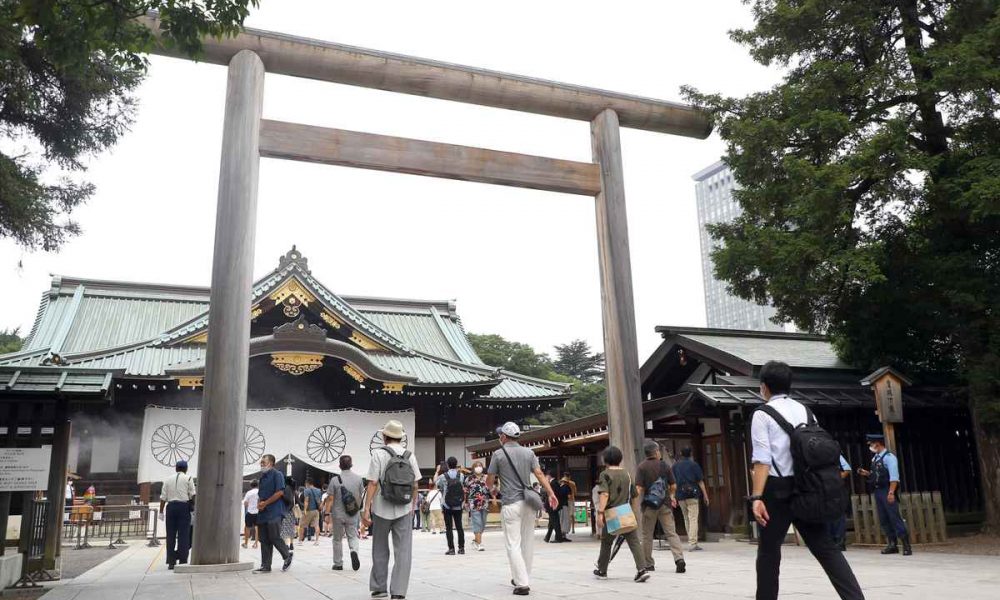
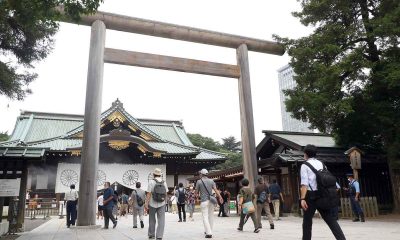

It is common practice for foreign dignitaries to visit a host country's national cemetery. So why can't Japanese politicians pay respects at Yasukuni Shrine?
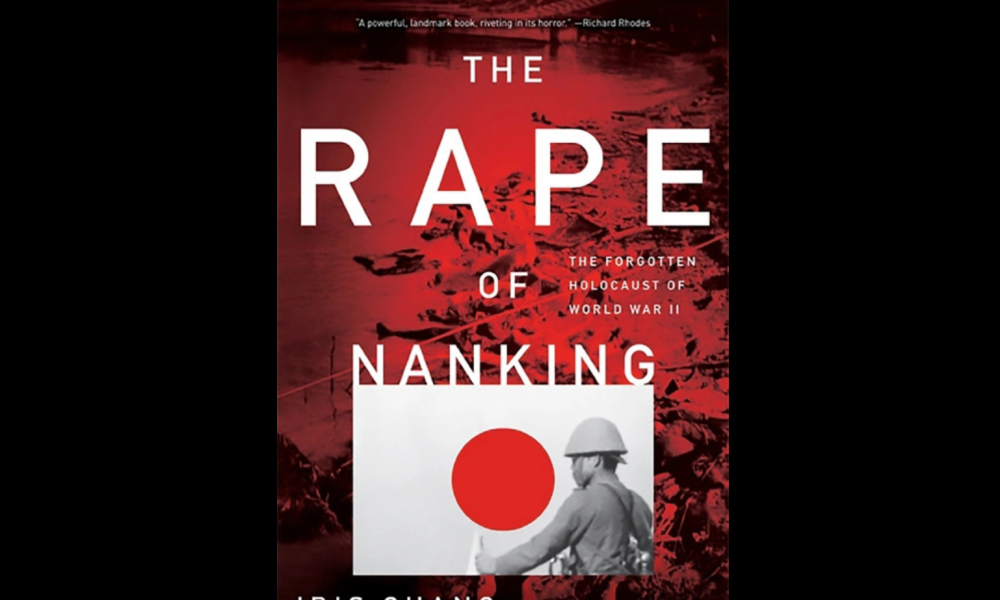
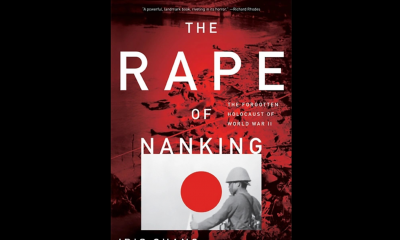

One need not know much about the "Nanjing Massacre" to harbor doubts about the claims made within Iris Chang's 1997 book, "The Rape of Nanking."
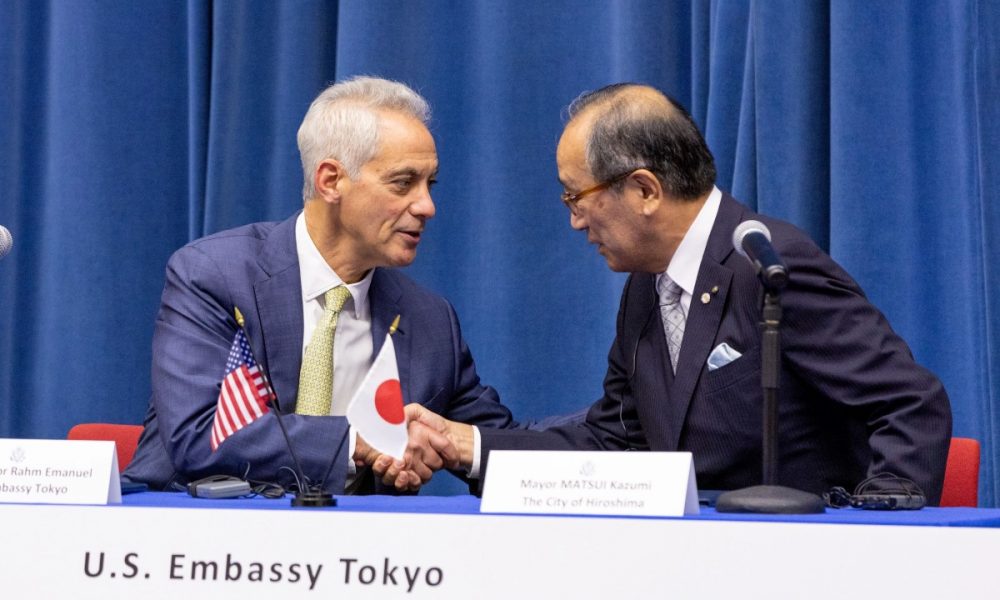
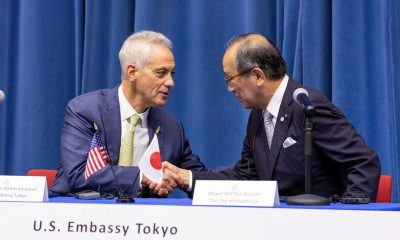

The Hiroshima and Pearl Harbor "sister park" pact highlights the potential for nations once at war to cultivate peace through cooperation — but concerns remain.
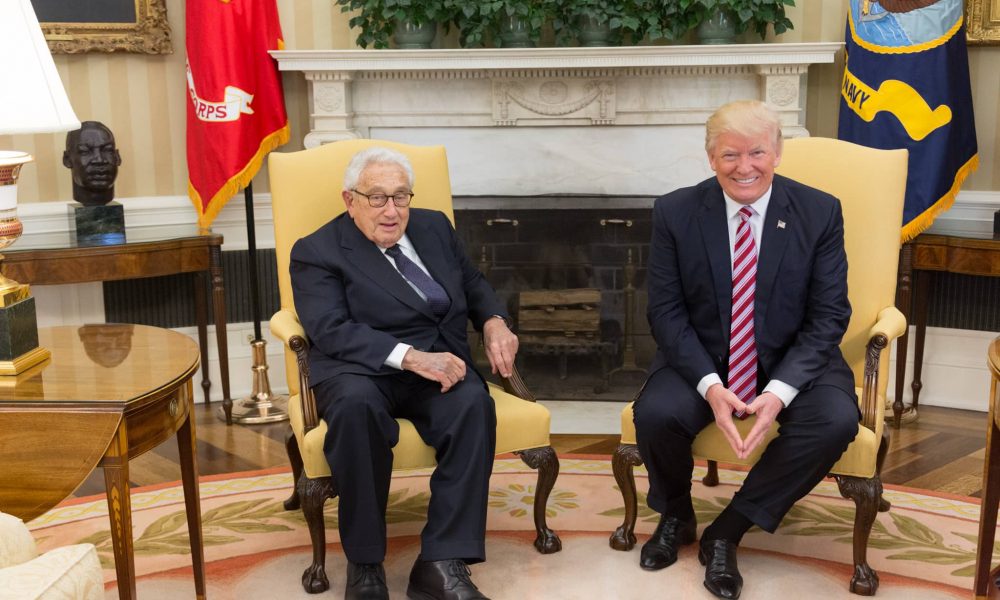
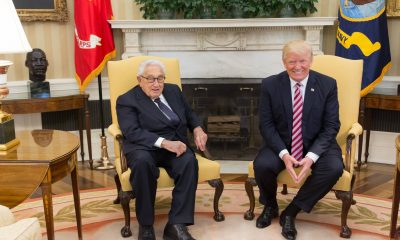

Henry Kissinger is hailed as a foreign policy guru. But in this review, his analysis of Japan is fundamentally flawed, possibly due to his WWII experiences.
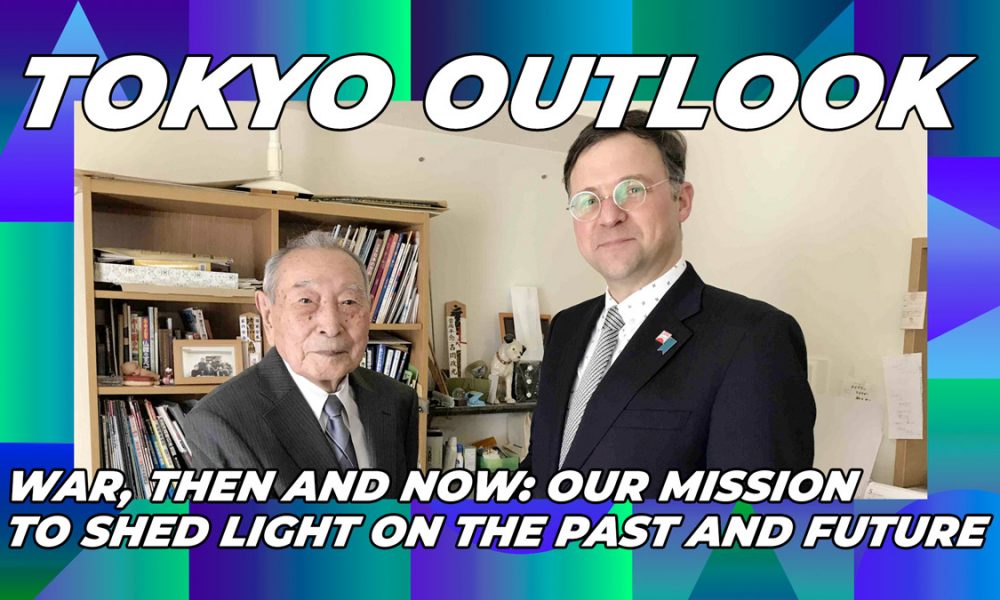
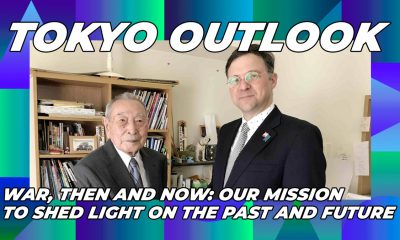

Two articles on war drew a strong response from our readers: an interview with a WWII officer and an analysis of private military companies in Russia.
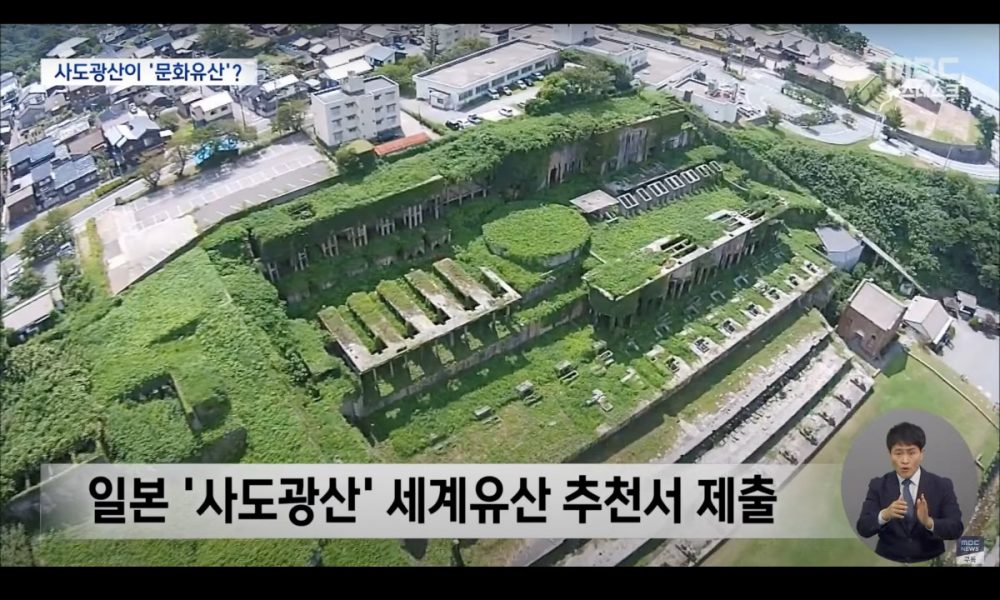
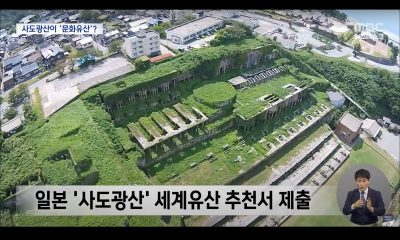

"The best solution to resolving historical disputes is by promoting the facts" — Hwang Uiwon, editor-in-chief of MediaWatch, at the wartime labor history forum.
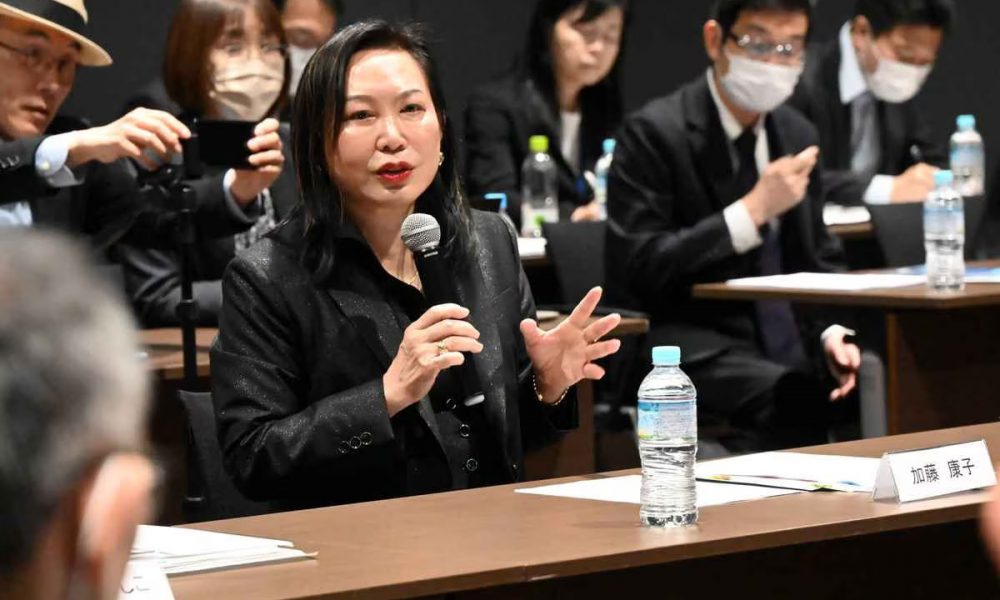
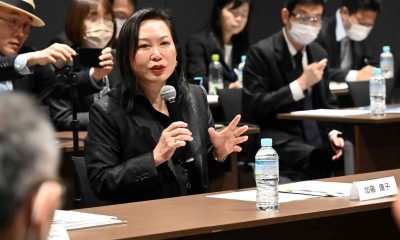

Experts and former miners have found discrepancies in alleged footage of Gunkanjima, used by some South Korean media to back wartime forced labor claims.
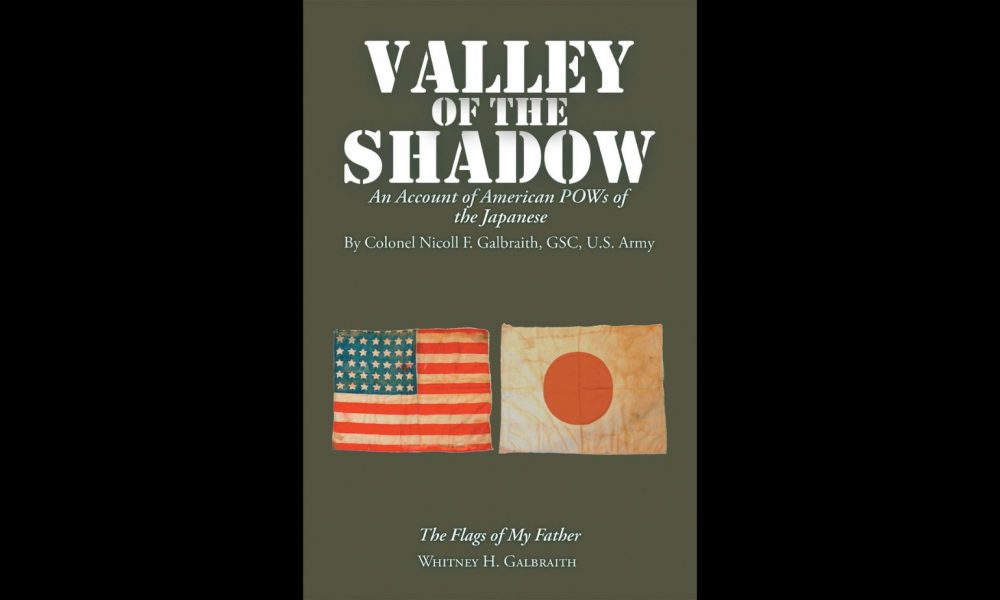


Colonel Galbraith's posthumously published narrative offers a rare and revealing insight into life in the senior Allied officer POW camps during World War II.
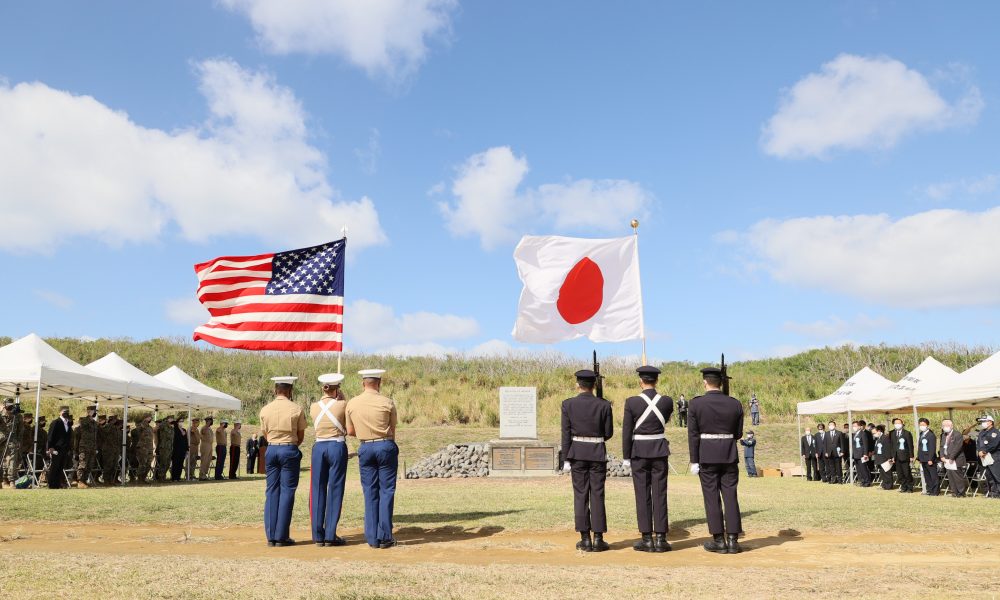
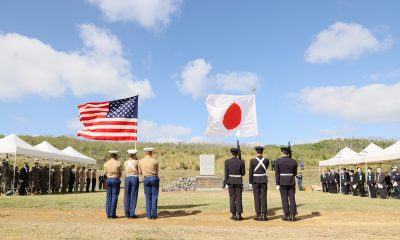

The US military must take responsibility for its troops and the children born from sexual relations in Japan. Tokyo must also represent its citizens better.
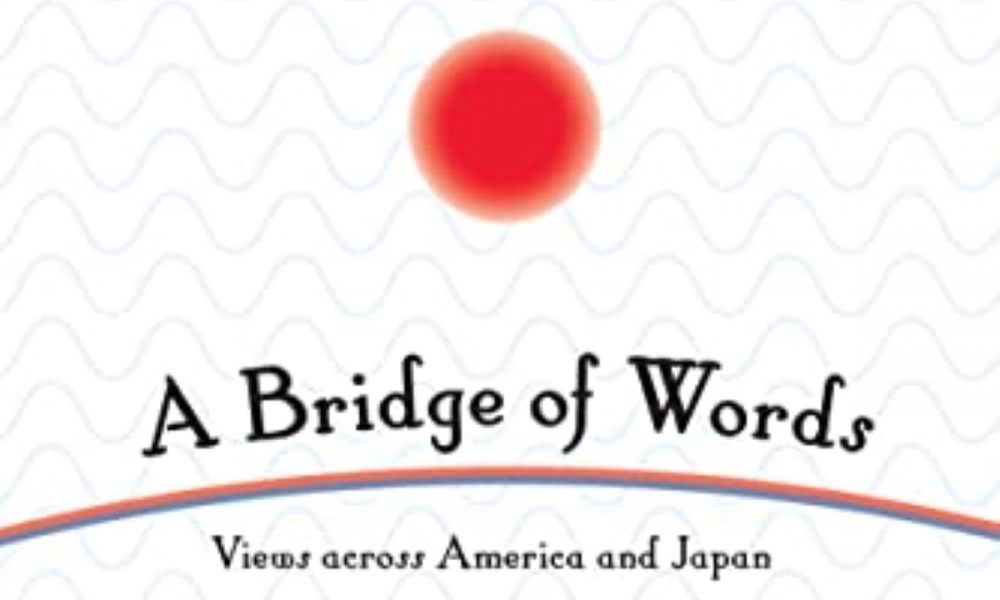
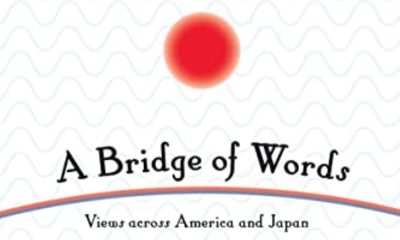

A particularly reflective ornithological bugbear of Hiroaki Sato is how America, a land of immigrants, could be so hostile to "alien species."